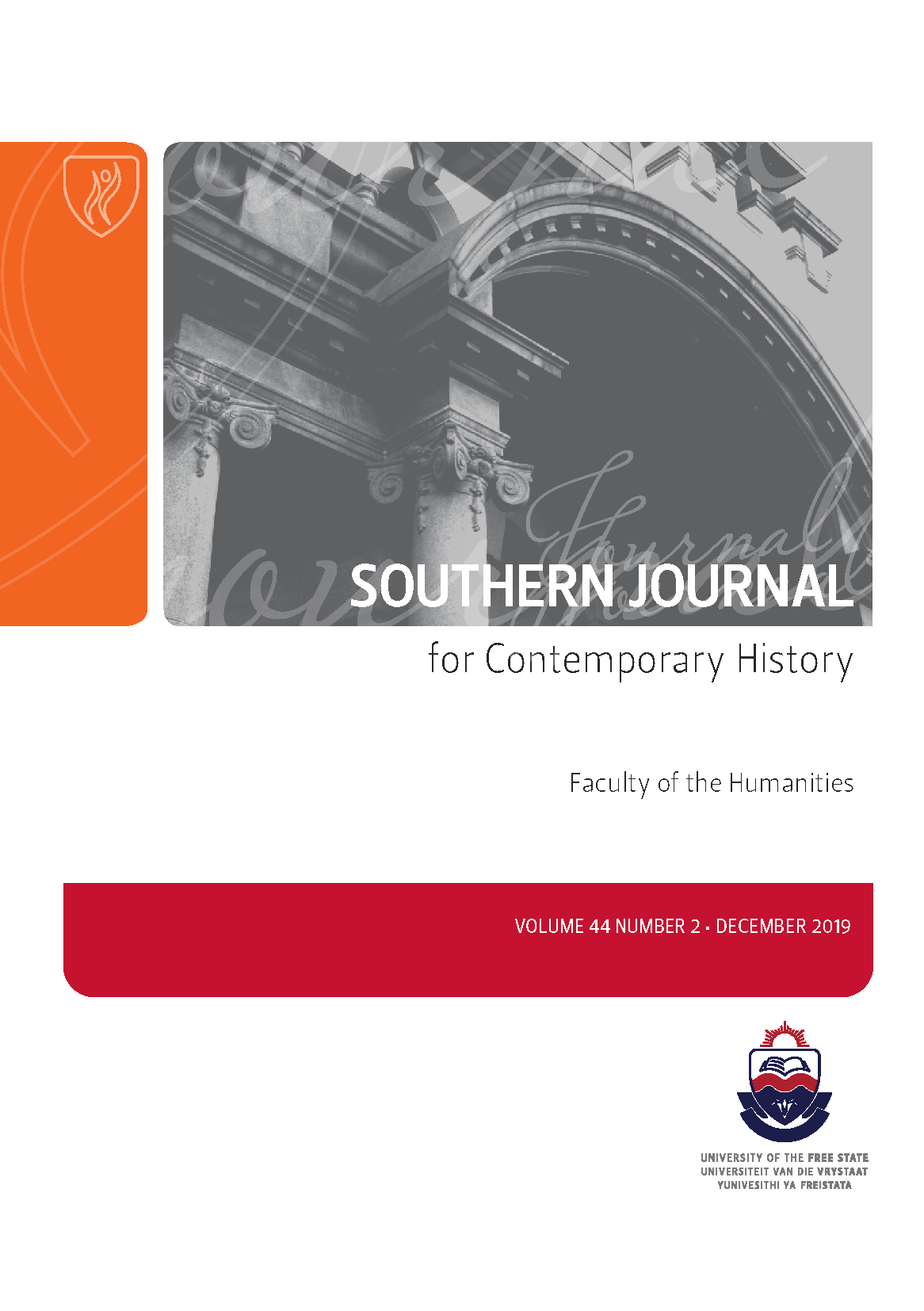Archives, museums and autobiography: reflections on write your own history (with a small detour to the University of Bophuthatswana)
DOI:
https://doi.org/10.38140/sjch.v44i2.4175Keywords:
Archives, Public history, Museums, Representation, Lwandle, Bophuthatswana, Migrant labour, MayibuyeAbstract
This article is the beginning of a series of critical reflections on three projects that employed different technologies to produce histories that were signalled as interior to collectivities of community and assertions of personhood: The Write Your Own History project and book, which was published in the 1980s, which I co-ordinated and wrote, the Lwandle Migrant Labour Museum, 40 kilometres outside central Cape Town, which opened in 2000 and where I have served on the museum board since its inception, and the University of the Western Cape-Robben Island Museum Mayibuye Archive. The three projects of writing history, museum making and archive assemblage I want to suggest can be connected. Not only are they points in what might be seen as a biographic positioning, of thinking about my own involvement as a writing project coordinator, engaged museum board member and a collector of documents, but they also are about history in the public domain and about what is constituted as the category of history. There is a concern in recovering and representing “words” of pasts and turning them into history. So what I do is run these three together; write your own history, make your own museum, assemble your own collection as a way to think about how words are made into history. Yet even in writing this I want to hesitate. How does one attach value to the personal “I” and “our”, and how does that translate into “your own”? And part of that autobiographical hesitation takes us on a diversion to a university in a town then named Mmabatho in apartheid’s bantustan of Bophuthatswana, some twenty odd kilometres from the Ramatlabama border post with Botswana.




